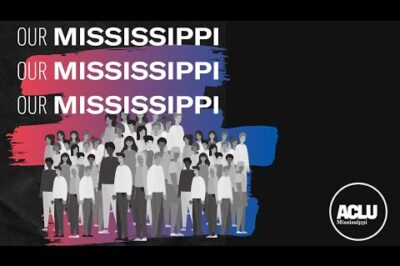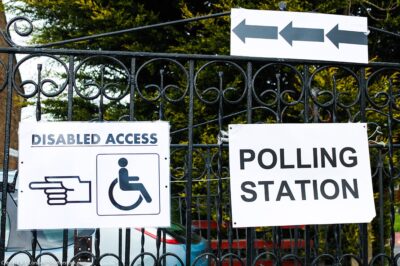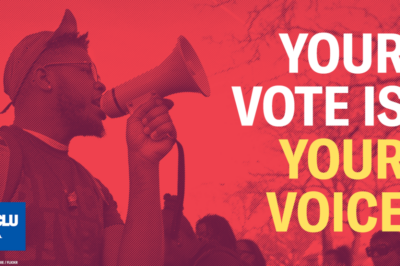Ruling in a lawsuit filed in February by the Rhode Island ACLU, U.S. District Judge William Smith has today ruled unconstitutional a state law that barred any new political party from collecting in an off-election year the signatures necessary to gain state recognition as a party. The suit had been filed on behalf of the Moderate Party of Rhode Island (MPRI). Under the law, the Party could not begin collecting signatures until January 1, 2010 in order to get on the ballot next year, even though Party members were ready and eager to begin the process of obtaining formal recognition as a political party.
The lawsuit , filed by RI ACLU volunteer attorney Mark W. Freel, argued that the law unconstitutionally impeded the ability of fledgling groups like MPRI from gaining formal recognition as a political party. In a 27-page opinion, Judge Smith agreed that forcing a new political party to wait until the beginning of an election year to begin gathering signatures was unconstitutional, saying that “the State has come forward with no legitimate regulatory interest whatsoever that would necessitate placing this enormous speedbump on the path to party recognition.”
In another part of the opinion, however, the judge upheld a companion law requiring the Moderate Party to collect signatures representing 5% of the voter turnout for the 2008 elections (roughly 23,500 certified signatures of registered voters) in order to gain recognition as a party. While acknowledging that that requirement was one of the most onerous in the country, the judge ruled it was within the state’s authority to set that number.
Ken Block, Chairman of MPRI, said today: “I am so pleased that the court was able to evaluate Rhode Island’s ‘worst in the nation’ ballot access laws and come to a legal analysis that matches most logical analyses of the issue. Our hard work is only now beginning. We’ll be dropping in on the Board of Elections first thing Monday morning.”
RI ACLU volunteer attorney Mark Freel added: “The court has recognized that the artificial timing barriers imposed by the state on third-party access to the ballot are unfair and unjustifiable. This ruling will allow the Moderate Party and other aspiring political parties to compete much more fairly with the existing political parties, which already enjoy huge advantages. While the 5% threshold for signature collection remains onerous, as the court recognized, the Moderate Party enjoys a much more realistic chance of achieving it in the absence of these unconstitutional time constraints.”
Stay Informed
Every month, you'll receive regular roundups of the most important civil rights and civil liberties developments. Remember: a well-informed citizenry is the best defense against tyranny.




